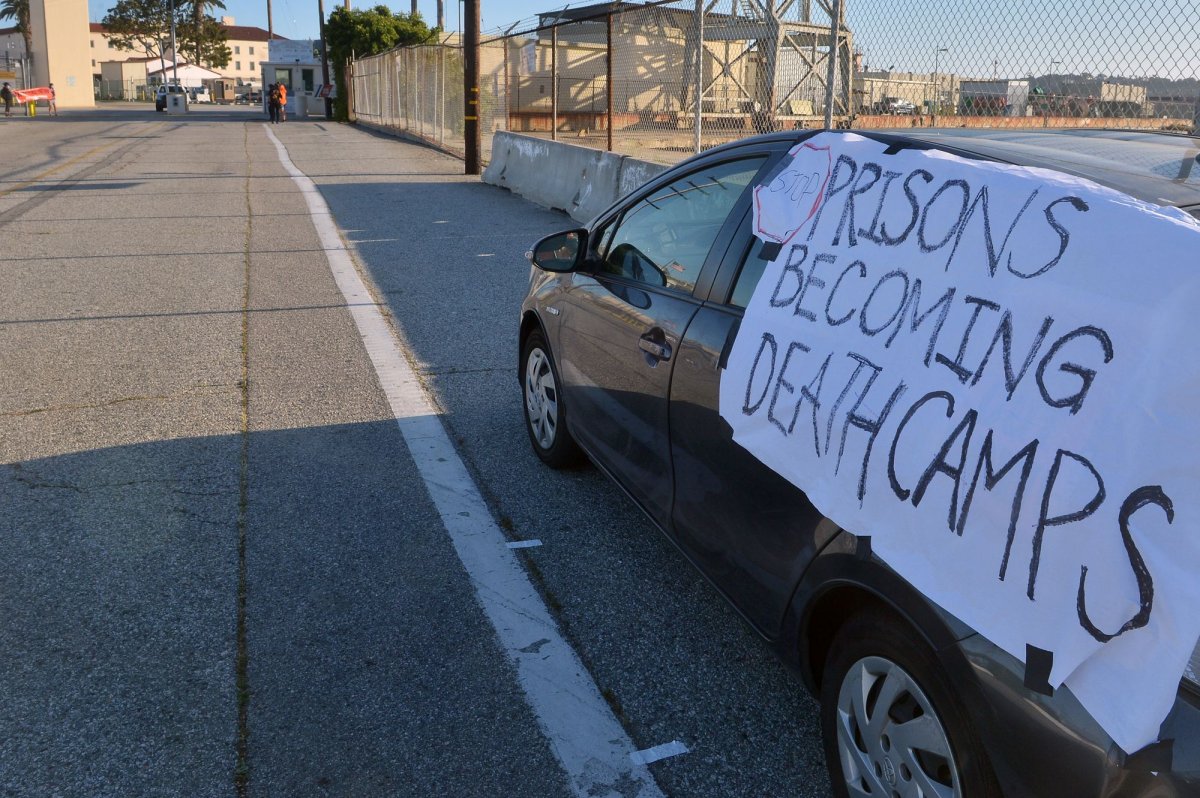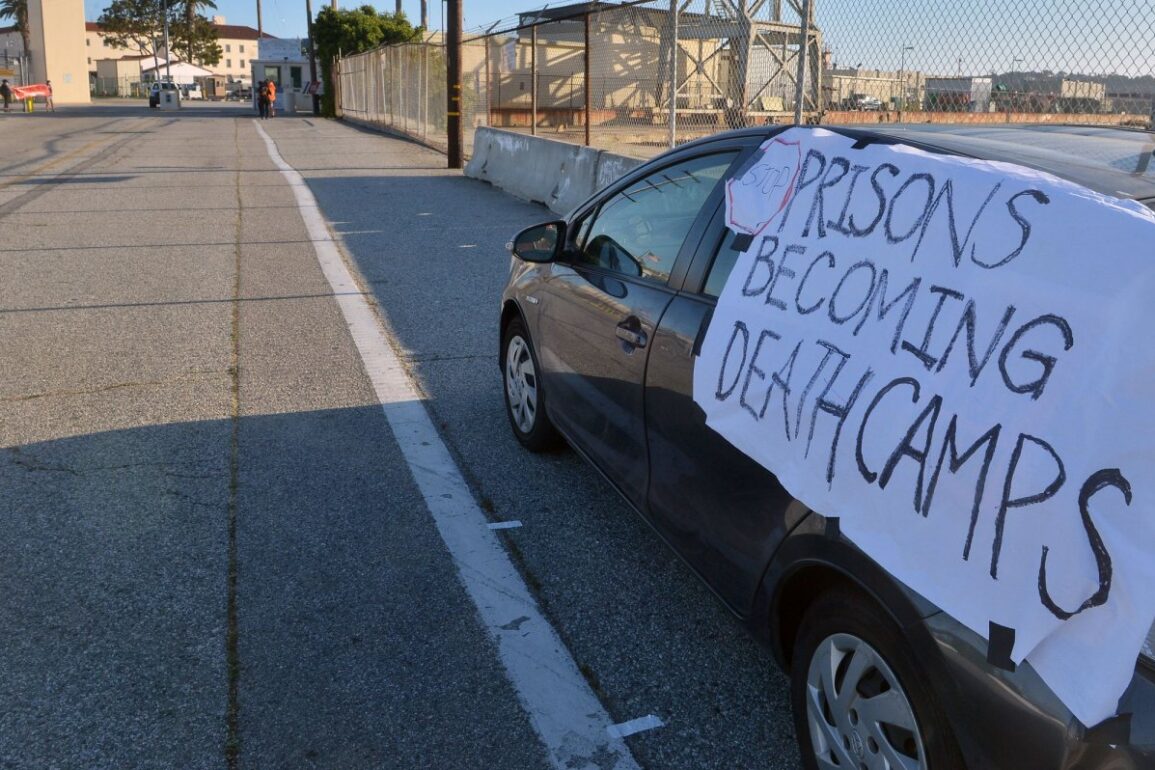
Feb. 15 (UPI) — Recent high-profile inmate deaths, such as the homicide of James “Whitey” Bulger in 2018 and the suicide of Jeffrey Epstein in 2019, have raised concerns about operational deficiencies in federal prisons, the U.S. inspector general said Thursday.
The Department of Justice Office of the Inspector General released a report Thursday, which detailed issues surrounding inmate deaths in Federal Bureau of Prisons institutions.
The OIG evaluated 344 inmate deaths in federal prisons over an eight year period in four categories: suicide, homicide, accident and “unknown factors.”
More than half of the recorded deaths were suicides, with homicides being the second-most prevalent.
“Today’s report identifies numerous operational and managerial deficiencies, which created unsafe conditions prior to and at the time of a number of these deaths,” Inspector General Michael Horowitz said in a video statement.
Horowitz noted the BOP recommended against housing inmates alone in a cell as it leads to an increased risk of suicide, but the OIG found more than half of inmates who died by suicide were in single-sell confinement, and half of those single-cell suicides happened in a restrictive housing setting.
The OIG also reported many instances of “potentially inappropriate” mental health care assignments for some inmates who later died by suicide, and many prison staff failed to complete required mental health assessments.
Horowitz said the BOP also only requires in-depth reviews after suicides, and, even after such reviews are done, the bureau’s decentralized system prevents it from effectively implementing recommendations for improvement.
Failure to intercept contraband drugs and weapons contributed to many of the deaths in the report, including 70 inmates who died of drug overdoses.
Other longstanding operational issues, such as staffing shortages, outdated security camera systems, staff failure to follow BOP procedures and resulting ineffective disciplinary procedures contributed to many inmate deaths in the OIG report.
Horowitz also noted shortcomings in the BOP’s emergency response capabilities, such as a lack of urgency in responding, failure to use necessary equipment, poor radio communications and issues with naloxone administration in overdose cases.
The OIG gave a series of recommendations to address the issues outlined in the report, including ensuring all BOP staff give timely and accurate mental health assessments for inmates, all institutions conduct mock suicide drills and all staff are trained in proper use of emergency equipment.
The BOP said it agrees with all recommendations.
If you or someone you know is suicidal, call the National Suicide Prevention Lifeline at 988.
This post was originally published on this site be sure to check out more of their content.









